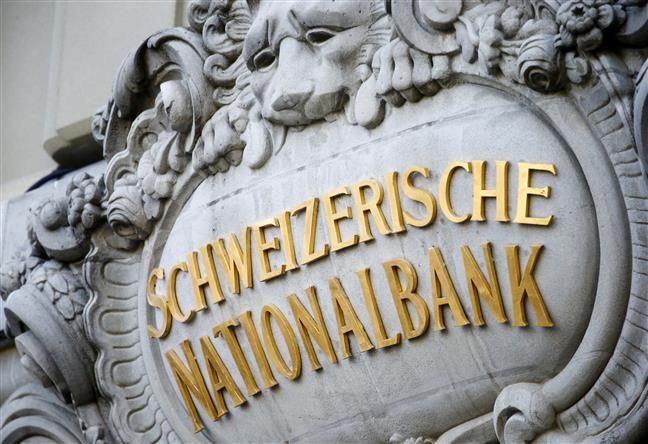
UBS Acquires Credit Suisse in Historic $3 Billion Deal to Bolster Swiss Financial Stability
Swiss Government and Regulators Broker Merger to Prevent Global Financial Crisis Spread
UBS Group AG has entered into an agreement to acquire its rival, Credit Suisse Group AG, for 3 billion Swiss francs ($3.3 billion) in a historic deal facilitated by the Swiss government and regulators. The Swiss National Bank (SNB) and Swiss Financial Market Supervisory Authority played a crucial role in negotiating the merger of the country's two largest banks to prevent a crisis of confidence from spreading across the global financial markets.
As reported by CNBC, the acquisition includes extensive government guarantees and liquidity provisions. The SNB is offering UBS 100 billion-franc liquidity assistance, while the Swiss government is providing a 9 billion-franc guarantee to cover potential losses from the assets UBS will acquire. The rapid negotiations took place over the weekend as a response to the massive outflows of clients and a sharp decline in Credit Suisse's stock and bonds following the collapse of smaller US lenders.
UBS Chairman Colm Kelleher stated that the bank plans to downsize Credit Suisse's investment banking operations and align them with UBS's conservative risk culture. Despite concerns about market concentration, the Swiss universal bank, a relatively stable segment of Credit Suisse's business, is expected to stay with UBS.
The historic deal, which creates a combined bank with $5 trillion of invested assets, marks a turning point for the Swiss banking industry and the global financial landscape. UBS has a 160-year history that culminated in the 1998 merger of the Union Bank of Switzerland and the Swiss Bank Corporation. Credit Suisse, founded in 1856, has evolved into a global powerhouse but faced challenges in adapting to the post-financial crisis banking environment.
The Swiss government has emphasized that the deal is a commercial solution, not a bailout. The transaction has been welcomed by the US Treasury Secretary, Federal Reserve Chair, and European Central Bank, highlighting the importance of maintaining financial stability for both Swiss and international financial markets.
According to sources who spoke to CNBC's David Faber, the deal gives UBS autonomy to manage the acquired assets as it sees fit, which may lead to significant job cuts. Credit Suisse's balance sheet is around twice the size of Lehman Brothers' when it collapsed, at approximately 530 billion Swiss francs as of the end of 2022. The bank is also far more globally interconnected, with multiple international subsidiaries, making the orderly management of Credit Suisse's situation even more crucial.
The acquisition was a complex process, with UBS initially offering to buy Credit Suisse for around $1 billion, as reported by multiple media outlets. Credit Suisse argued that the offer was too low and would hurt shareholders and employees, according to people with knowledge of the matter who spoke to Bloomberg. By Sunday afternoon, UBS was in talks to buy the bank for substantially more than 1 billion Swiss francs, with the price of the deal increasing throughout the day's negotiations, as CNBC's Faber reported.
Read More
-
GPIQ ETF Price Forecast: Can a 10% Yield at $52 Survive the Next Nasdaq Selloff?
09.02.2026 · TradingNEWS ArchiveStocks
-
XRP ETF Price Forecast: XRPI at $8.32, XRPR at $11.86 as $44.95M Inflows Defy BTC and ETH Outflows
09.02.2026 · TradingNEWS ArchiveCrypto
-
Natural Gas Futures Price Forecast: Will The $3.00 Floor Hold After The $7 Winter Spike?
09.02.2026 · TradingNEWS ArchiveCommodities
-
Stock Market Today: Dow Back Under 50K While S&P 500 and Nasdaq Push Higher as Gold Reclaims $5,000
09.02.2026 · TradingNEWS ArchiveMarkets
-
USD/JPY Price Forecast: Can Bulls Clear 157.5 Without Triggering a 160 Intervention Line?
09.02.2026 · TradingNEWS ArchiveForex


















